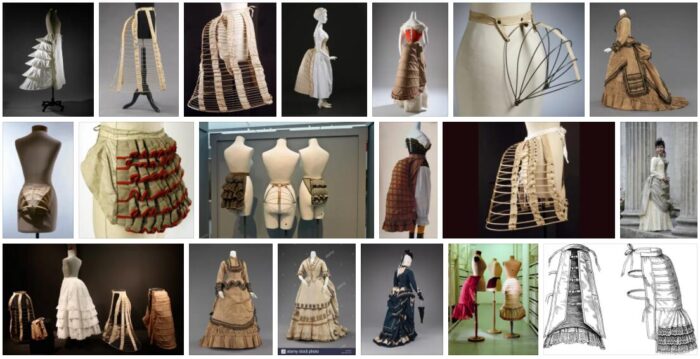Before entering fully into the in-depth analysis of the meaning of the term bustle, we will proceed to determine its etymological origin. In this sense, we would have to say that it is a word that comes from Latin, more precisely from the Latin verb “bullire”, which can be translated as “boil or experience a passion”.
The bustle is the rumor and noises caused by the presence of many people in the same place. The term comes from the verb boil (the mass of people that shakes like boiling water, the subject that moves without stopping and does not stay still).
For example: “I can’t stand the hustle and bustle of this bar anymore: let’s go to a quieter place”, “It is difficult to concentrate on reading with so much noise”, “A neighbor furious because of the noise entered the house and shot the young people who they were celebrating a birthday ”.
Generally, the notion of bustle is used as a synonym for tumult or uproar. Something boisterous is noisy and is contrary to quiet or peaceful. A meeting with the presence of four friends usually takes place calmly; In contrast, a party with seventy guests is likely to be boisterous.
The multiplicity of people in the same space generates noise. It is not necessary for the subjects to be yelling or show agitated behavior, but by adding and assuming voices and noises in general, the noise is inevitable.
Taking this into account, we would have to emphasize that there are certain popular festivals that are considered to be a real bustle. Thus, on the one hand, we could highlight, for example, those internationally known as Sanfermines de Pamplona, which take place in the first days of July.
It is a celebration in honor of San Fermín, which takes place through a multitude of acts, but whose central core is the traditional running of the bulls. These involve the release of said animals through various streets of the city, who are accompanied by men and women until they reach the bullring.
In the same way, there are spaces that are also considered to be a real bustle. This would be the case of the Toledo souk, composed of a multitude of shops and stalls of all kinds of products settled in what is the central Plaza del Zocodover, since many people come to it to buy or just to take a look. The result of all this is a considerable agglomeration of people that leads to an undeniable uproar, which curiously becomes one of its most significant attractions.
Hustle and bustle can also be used in a sense similar to the idea of fun or entertainment. In this sense, fun is associated with the massive presence of people, loud music and strident, among other issues: “Tonight I want to go bustle, have a few drinks and dance until the sun rises”, “The town await the arrival of the first tourists of the season and the hustle and bustle ”.

